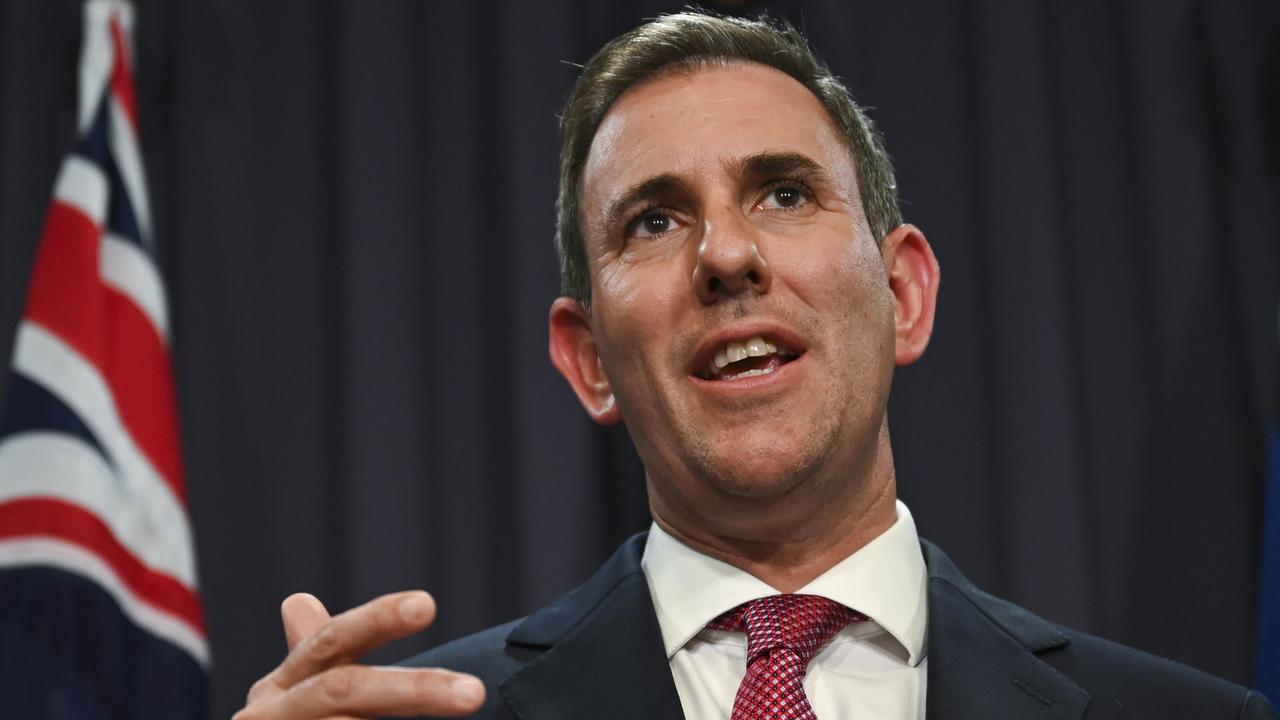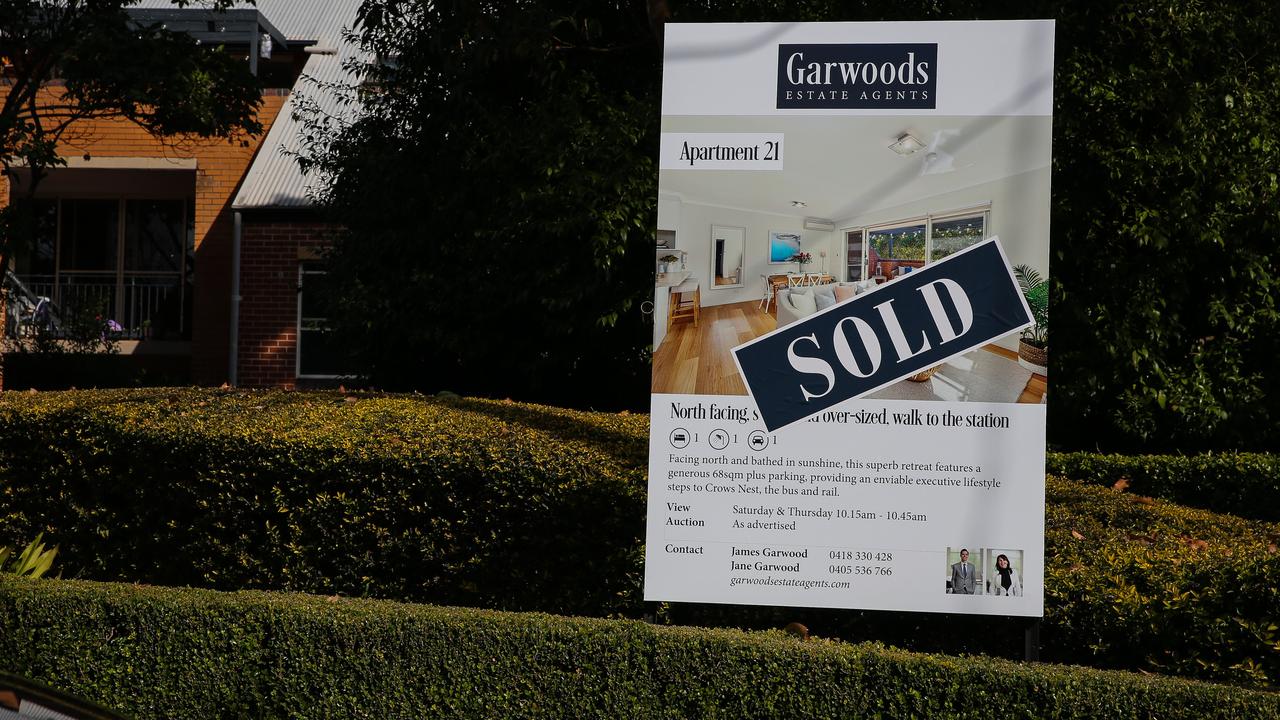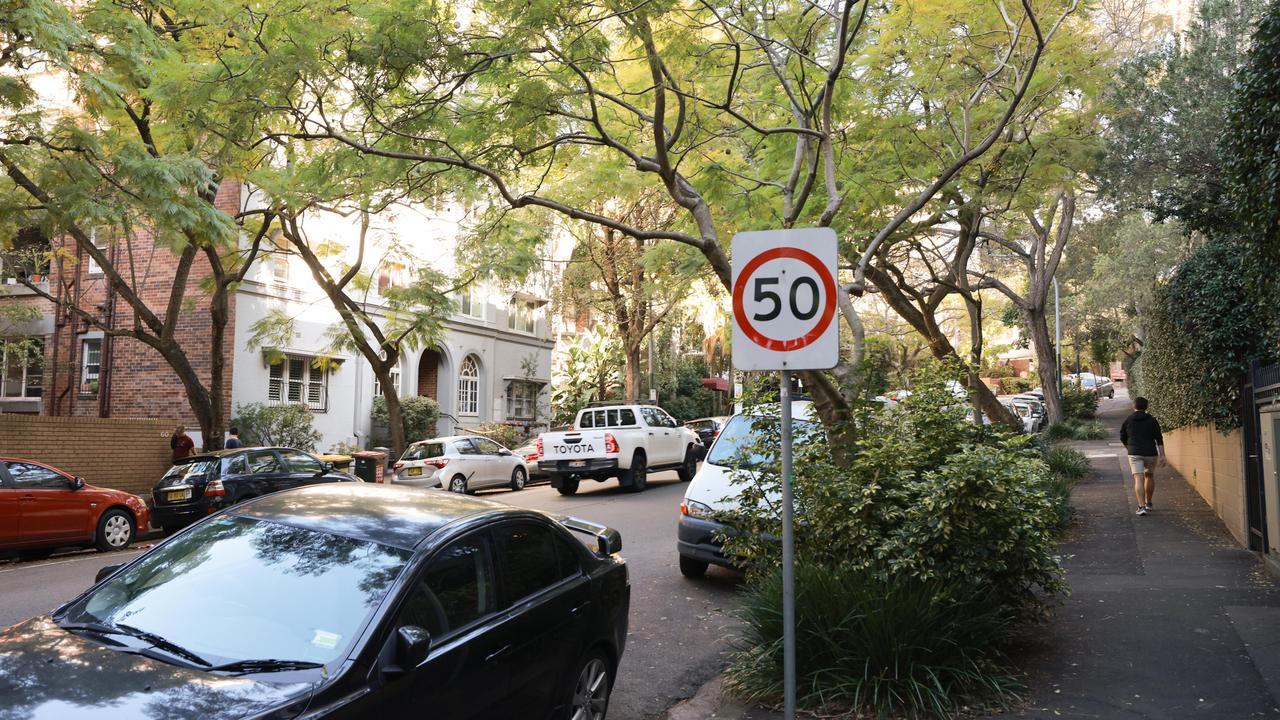Foreign investors to face tax hikes on ‘ghost’ houses in Australia
Foreign investors who buy property in Australia and then leave them empty will be slugged with a large tax hike under a new plan.
Foreign investors who buy homes in Australia only to leave them empty will face a massive new tax hike, in a bid to ease the nation’s ongoing rental crisis.
On Sunday, Treasurer Jim Chalmers will unveil the package, first reported by The Sunday Telegraph.
As it currently stands, overseas investors given permission to buy homes in Australia pay a one-off foreign investment application fee when they purchase.
If the property is left empty for six months or more in a year, they must also pay an annual vacancy fee – set at the same level as their original application fees.
Under the new plan, however, those taxes will be hugely increased. The application fees will triple, and if the property is left empty for six months, they will then have to pay a vacancy fee, which will be double the tripled application fee.

Mr Chalmers told The Sunday Telegraph the federal government welcomed foreign investment because it played a crucial role in our nation’s economic success.
“These adjustments are all about making sure foreign investment aligns with the government’s agenda to lift the nation’s supply of affordable housing,” he said.
“The increased vacancy fees will encourage foreign investors to make their unused properties available to renters.”
Between 2021 and 2022, there were 4228 foreign residential real estate sales worth $1.7 billion – 1339 of which were of existing homes.
The tax hike, Mr Chalmers added, will hopefully “encourage foreign buyers to invest in new housing developments”, creating “additional housing stock, jobs in the construction industry and supports economic growth”.
As part of the new package, the government will also cut some classes of application fees for foreigners who invest in build-to-rent projects to “encourage the development of these projects right across the country that are specifically designed, built and managed to provide long-term rental options for Australians”, the Treasurer said.

Prominent buyers agent Scott Levoune argued earlier this year a boost in foreign investors could cure the nation’s unhealthy property market.
The Wealth Through Property founder told news.com.au in June it was time to debunk the critical stereotypes associated with international buyers and to start welcoming them as the solution to increasing Australia’s rental supply (as of August, the national vacancy rate stood at 1.2 per cent).
“Rent is increasing because too many investors left the market through Covid. Property prices went through the roof so (cashing out) is what you do when an investment grows a lot,” Mr Levoune said at the time.
“So a lot of these people have cashed out of the market and they’ve gone, ‘Hey it’s not worth jumping back in’, so at the moment, we just don’t have enough investors in the market.”
Given not every Australia can afford to buy a house, Mr Levoune said those who do have money and want to invest should be welcomed to do so.
“A lot of people are going to be relying on investors to create rental property, and the more investors we have out there, the more opportunities are offered to renters which creates competition at lower price levels.”

The tax hike comes as City of Sydney councillors prepare to vote on new planning rules to stop property developers from demolishing old residential blocks that provide affordable rents for luxury apartment dwellings.
Per The Sydney Morning Herald, building plans in areas like Potts Point, Elizabeth Bay and Rushcutters Bay that lead to a loss of more than one home or 15 per cent of dwellings on a site will not be permitted to prevent “net dwelling loss”.
“The cost of housing is the main reason we are losing workers, artists and other people who don’t have deep pockets from our city,” Greens councillor Sylvie Ellsmore told The Herald ahead of Monday’s vote.
“Alongside building new affordable housing, we need to keep the remaining, relatively affordable housing we have now.”
Rather than stop the renewal of housing stock, Ms Ellsmore said “the rules will protect against the number of apartments being reduced because we’re in a housing crisis where we don’t have enough homes”.





